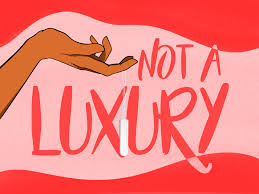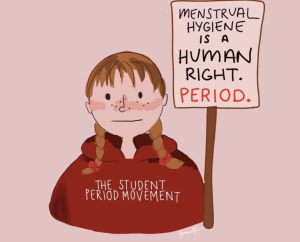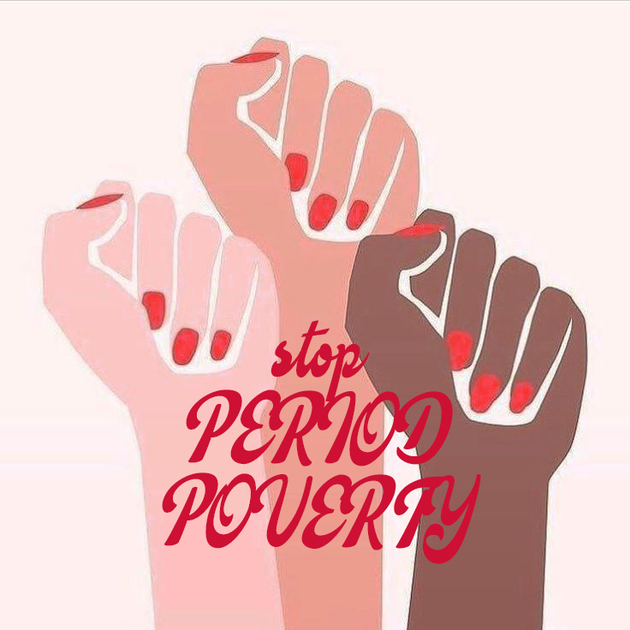Period Poverty: Understanding the Discrepincies
Why Is This Still Relevant in 2021?
March 4, 2021
There is a stigma about periods and menstrual cycles. Throughout history scientists believed a woman was toxic while on her period. In the 1940’s doctors would take the blood of a women who are menstruating and insert the blood into animals. Of course it killed the animals but they took it as a sign of toxins that the women produced.
We know now that women are not chemically toxic while menstruating but the stigma remains. Most people who menstruate feel like they must be hush hush that they are on their period causing us to do the ‘tuck it in my sleeve’ trick.
Only 32 percent of women felt comfortable talking about their period to classmates or colleagues. The stigma also created the tampon tax because they are a “luxury” item but don’t worry men’s shaving products are not taxed. This stigma is the root of period poverty.

During COVID-19 the access to sanitary products became even less accessible. Twenty-five percent of the American youth that menstruates does not have access to sanitary products for their period. This causes a huge problem because they often miss school for the week and any high schooler knows missing an entire week sets you far behind everyone. This also weakens their chance of continuing education. The lack of menstrual products in school bathrooms is a lack of caring for their students.
Two thirds of women in poverty don’t have money for menstrual products. They have to choose between menstrual products and feeding their families on a monthly basis. Menstrual products are not covered by public health or any nutritional benefits programs. Most public bathrooms or workplaces do not have access to menstrual products and they definitely aren’t free. Once again the tampon tax — or “Pink Tax” — makes them even more expensive.
expensive.
The lack of menstrual products creates a huge health problem. People who menstruate in poverty use rags paper towels and even reuse period products. This can lead to many health problems like urinary tract infections, bacterial vaginitis, and other infections.
Periods are normal and healthy and access to menstrual products is a right.
Here are a few organizations that use their donations for period products for people in need: https://www.helpingwomenperiod.org/

